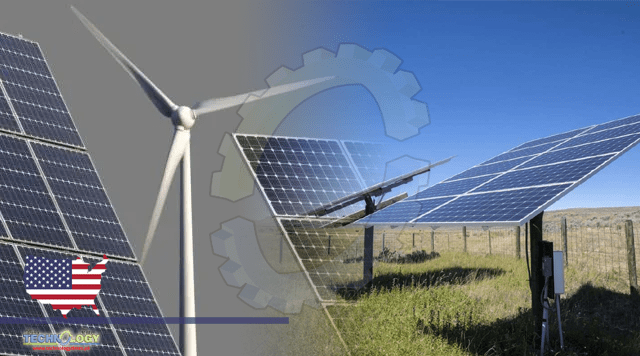According to a release, the department is asking for public input from interested parties, including potential customers and interested stakeholders, to help create the new Rural Renewable Energy Pilot Program.

The U.S. Department of Agriculture wants to hear from people regarding a new renewable energy pilot program.
According to a release, the department is asking for public input from interested parties, including potential customers and interested stakeholders, to help create the new Rural Renewable Energy Pilot Prog.
“When we invest in creating new sources of renewable energy, we invest in rebuilding the middle class by creating good-paying jobs in rural America,” USDA Deputy Under Secretary for Rural Development Justin Maxson said. “To meet this goal, we must put rural communities at the heart of climate action and climate-smart solutions, and that begins with getting feedback from a broad, diverse set of voices from the start.”
The release says the Consolidated Appropriations Act of 2021 provided $10 million to develop a pilot program to provide financial assistance to rural communities to help them develop renewable energy.
To collect feedback, the USDA is accepting written comments and will host a public listening session on the program.
This input will be used to help develop options for the pilot, which will aim to support energy needs in the United States and combat climate change.
There are certain topics for which public comment is being sought:
- Program purposes, goals, metrics, and standards;
- Eligible applicants, participants, partners including but not limited to communities, residences, industry, and commercial entities;
- Eligible technologies including but not limited to generation, storage, controller, and grid;
- Potential impact of the pilot program and renewable energy systems more broadly on each of the following: environmental justice, racial equity, and economic opportunity; and
- Options to measure and maximize the benefits of renewable energy systems for environmental justice, racial equity, and economic opportunity in rural areas.
Originally published at Cbs19 news